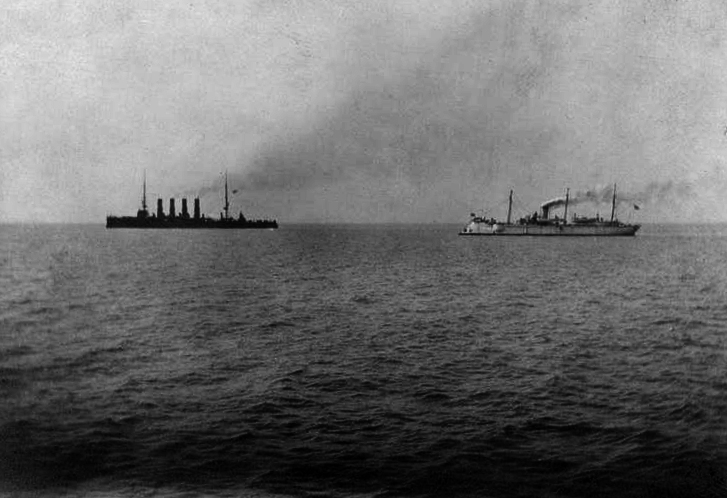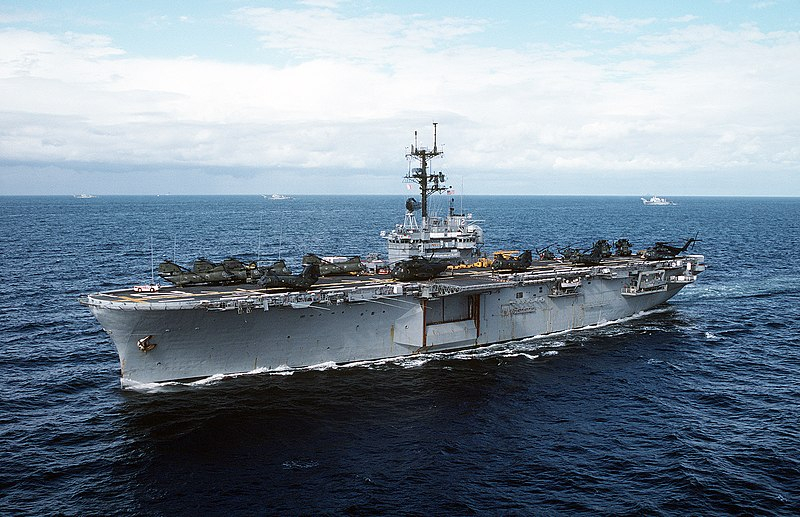Incheon is a city steeped in history
Incheon is a city steeped in history. The Battle of Chemulpo Bay took place here. The Russo-Japanese War (1904–1955)'s Battle of Chemulpo Bay took place on February 9, 1904, off the coast of what is now Incheon, Korea (then known as Chemulpo). Chemulpo was recognized to be a key strategic objective for both sides at the time. First, Chemulpo's primary port was Seoul. Second, in 1894, the Japanese had already sketched out possible invasion routes via the region. The battle, which took place on February 9th, 1904, saw over 30 soldiers lost on both the Russian and Japanese sides when Japan moored in the harbor with its foe.
On July 4, 1950, Korean soldiers entered Incheon and took control of it during the Korean War. At the Battle of Inchon, US forces landed in Incheon to release pressure on the Pusan Belt and create an opening Northward United Nations assault. She was eventually reclaimed on September 19, 1950, as a consequence of a resounding UN victory. The ensuing turn-around fight inspired the naming of the ship "USS Inchon".
The significance of Incheon in the history of the nation, especially during the Korean War, is reflected in the city's various memorials. The General MacArthur memorial at Jayu Park is arguably the most renowned. The monument honors US General Douglas MacArthur's heroic amphibious invasion of Incheon in 1950, which helped the city be retaken after being occupied by the North Korean People's Army.












